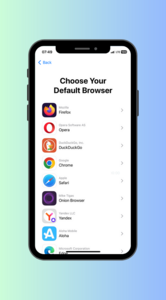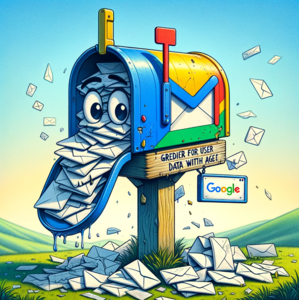The Hypocrisy of Twitter Going Open Source?
Better late than never - or what the Internet thinks about this.

Twitter has been a platform that we've all come to know and love for its ability to connect us with friends, follow our favorite public figures, and keep us up-to-date with the latest news. But have you ever stopped to think about the complex algorithm that powers Twitter's feed? Well, Twitter’s infamous CEO Elon Musk has decided to publish the code that has been driving Twitter's success. On April Fool’s Day. After apparently accidentally releasing and then deleting the code from GitHub four days earlier than planned.
In any case, this move by Twitter is groundbreaking and could lead to a wave of new open-source software that transforms the way we experience social media.
The announcement came in a tweet (of course) that left people wondering why “algorithm” is in quotes and, most importantly, how come Musk can publish longer tweets than the character limit?
Benefits of open-sourcing
Twitter’s algorithm is a complex system that analyses your activity, preferences and interactions to curate a personalized feed for you. Publishing it on GitHub means the company will get access to an extensive network of developers, making it much easier to find issues and fix them faster. It will also enable transparency and security and put an end to speculations about secret biases baked into the algorithm, and at the same time foster innovation at a faster pace than with closed source software.
The case for open-source software should be obvious to all by now and some of the replies that the announcement got seem to echo this, saying users should delete any social media app that’s not open-source. Some of the most important software in the world is open-source, like the Linux operating system, the Mozilla Firefox browser, and the Git version control system that is essential to software development the world over.
When we started Tutanota we knew from the start that we want it to be open source. Half-way into our beta phase in 2014, we felt confident that the code was ready for everyone to look at. We invested time and effort to complete the documentation to enable people to build and run their own version of Tutanota locally. Then we published Tutanota on GitHub under GPL v3-license. We encourage you to review the code so that bugs or even security vulnerabilities get noticed more quickly. At Tutanota we follow Linus's Law: "Given enough eyeballs, all bugs are shallow."


Implications for Twitter users… and for employees
Twitter making its algorithm open-source signals a seismic shift in the way the platform operates. With the ability for developers worldwide to analyze and modify the code, Twitter will likely see a surge in innovation and customization that will be palpable for users. From a business standpoint, this move will be critical for Twitter's long-term success in the era of open-source technology.
But growing pains are to be expected with software that wasn’t meant to be open source from the beginning. Adding to this Elon Musks’ actions since taking over the company, including firing a massive part of its developers and leadership, it’s not surprising that the announcement also got some sarcastic replies and questions about his statement that the code is “not fully understood internally”. Some folks were asking Musk if this is because he fired the people who understood the code, others pointed out that, after the mass layoffs, the world’s 2nd richest person (worth US$180 billion) is now asking volunteers to fix bugs and contribute code for free, while others were suggesting (ironically or not) that he use AI to refactor the source code. Here’s a look at some of the most entertaining reactions:







...and the most burning question:


What motivated this move?
So far, Twitter published two repositories on GitHub, "the-algorithm" and "the-algorithm-ml" containing large portions of Twitter's source code.
While no-one denies the benefits of open source projects and this is a bold move in the right direction, many are questioning Musk’s real motives. He might argue that firing more than half of Twitter’s workforce as soon as he took over the company only removed employees who weren't essential or weren't committed enough to his vision of ‘hardcore’ labor practices, but it’s clear that at least part of the reason for the layoffs was to cut labor cost in order to make the company profitable. And the way in which he fired them clearly means that the company lost many of the people who knew how things work and how to keep them running. He realized that he actually needed employees that he had fired and now can’t get back or replace. Asking for volunteers to come in and do that work instead seems like an easy way out of this predicament.
In this context, many are now saying that “open-sourcing Twitter is Musk's only hope to fix what he broke”.
The question on everyone’s mind is if Musk’s bet will work. Will developers of the open-source community be able to fix what Twitter’s remaining developers cannot? Is this even the plan, or was the code just published for marketing purposes?
After all, this would be one of the largest-scale projects that the open-source community has ever tackled with a live service, where the software they are working on is being used by 436 million monthly active users. And it would require a lot of well-coordinated decentralized work, as well as an organizing committee to set code standards, plan development priorities, and review code. Can this be achieved while also making the company profitable enough to cover the debt that Musk took on for the US$44-billion acquisition?
In short, Twitter's decision to release its algorithm as open-source has sent ripples through the tech community. Either way, it's a bold move for Twitter, and only time will tell how it will affect the company’s profitability and the future of social media further down the line. Only one thing's for certain: The open-source Twitter algorithm is sure to shake things up.











